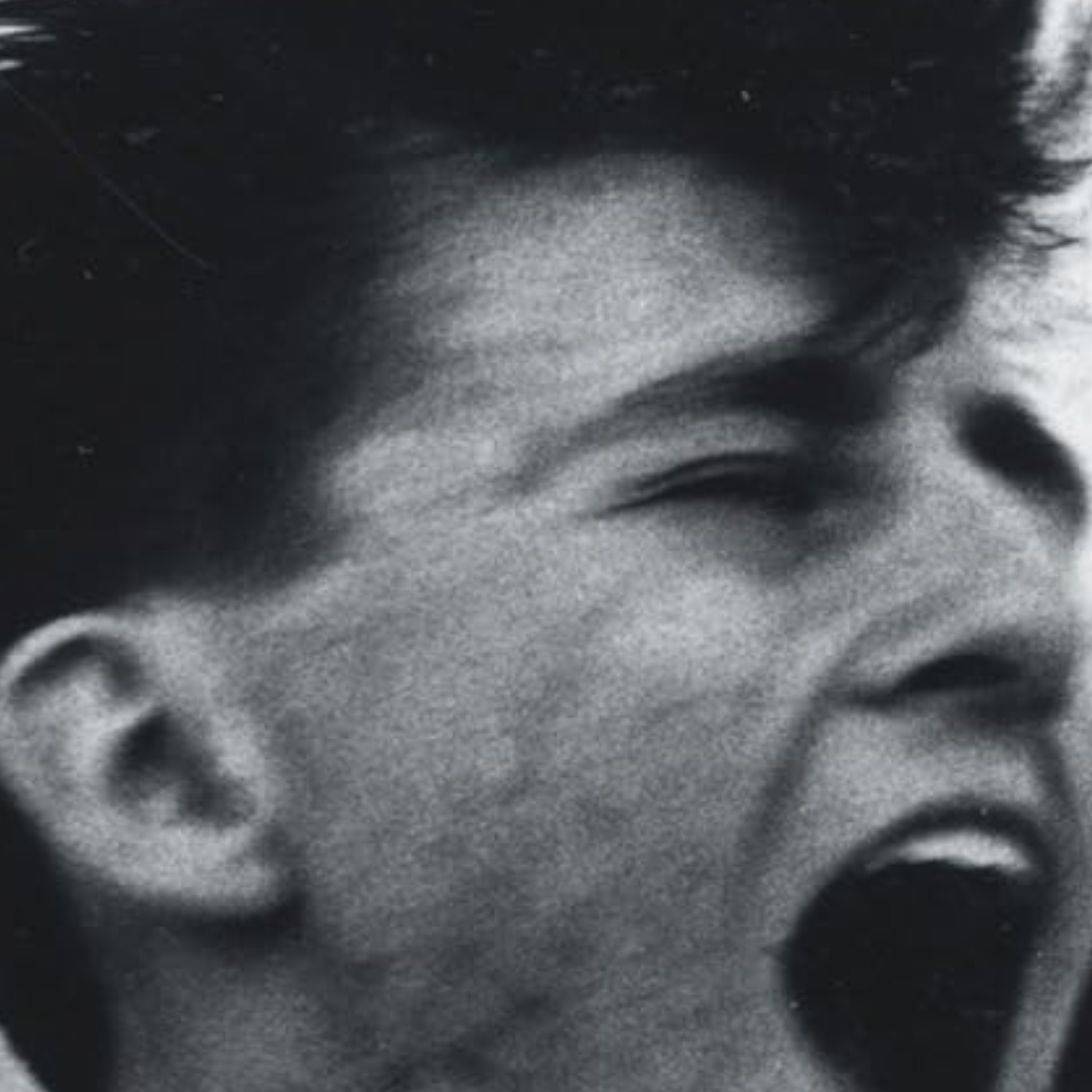- Magazine Dirt
- Posts
- SAD Studies
SAD Studies
The books that admit summer sucks.

The Great Gatsby (1974)
Paula Mejía on the seasonal affective disorder canon.
For most kids, summer means enjoying half-melted popsicles and cannonballing into any available body of water or sprinkler. I felt chronically restless during those months. Despite being gassed all the time I lay wide-eyed at night, panic-counting the glow-in-the-dark stars lining my bedroom ceiling to little avail.
I was a relatively well-adjusted, extroverted second-gen child who enjoyed playing sports. But the second it got over 80-something degrees, with a heat index that felt far more stifling than that—which happened from roughly March to October, give or take, on the muggy stretches of Gulf Coast-lined Texas where my family had eventually immigrated to—I couldn’t hang being outside for a moment longer than necessary.
For me, summer meant seeing how many books I could rip through. I tore through post-apocalyptic novels, inhaled fashion and music magazines, gulped down entire series regardless of book order: Sweet Valley, Nancy Drew, A Series of Unfortunate Events, Dear America. I secretly wished the school summer reading lists were longer. I was neither as academically gifted as Matilda’s eponymous protagonist nor clairvoyant, but I knew what it was like to exhaust the public library’s available stash of age-appropriate literature. As a tween I treated reading like an obsessive bloodsport, though not for a lack of friends to hang out with.
I was the sole buzzkill who found the beach intolerable, enraged that the sweltering sunlight didn’t allow me the decency to think clearly.
I couldn’t locate why a consciousness-deflating weepiness would knock me on my ass after stepping outside for a moment, nor the plunging dread I felt when “beat the heat” signs cropped up at the mall in late spring, offering deals on chintzy salad plates and cheery swimsuit cover-ups. I was the sole buzzkill who found the beach intolerable, enraged that the sweltering sunlight didn’t allow me the decency to think clearly.
The stagnant air hardly budged. Everything felt tinged with a feral desperation. As the great chronicler of Houston, Bryan Washington, put it in his short story collection Lot, it’s the type of heat that gets you “squinting” even long into the night. But at home I was fortunate to have AC—and the ability to disappear into words. I intimately intuited what a teary-eyed Daisy Buchanan in The Great Gatsby meant when she cried out: “But it’s so hot…and everything's so confused.”

SUMMERTIME SADNESS
|

OUR AUGUST PLAYLIST


